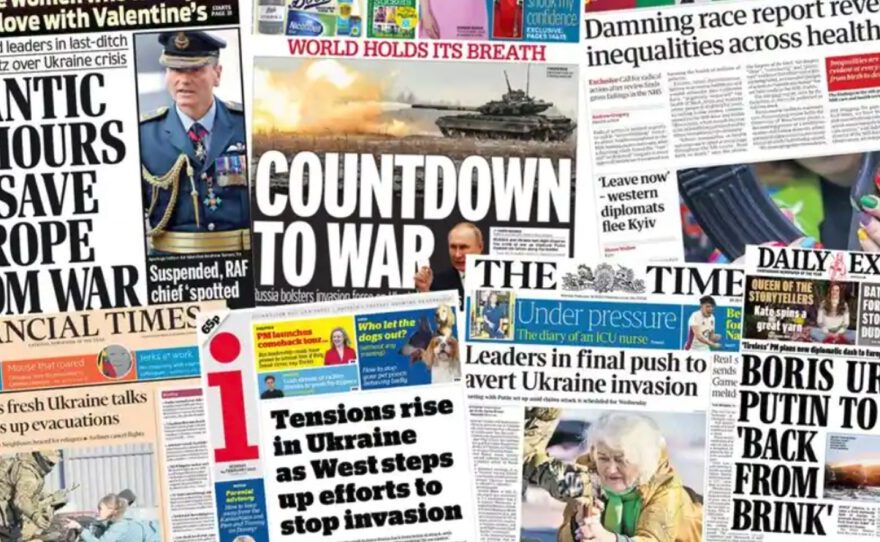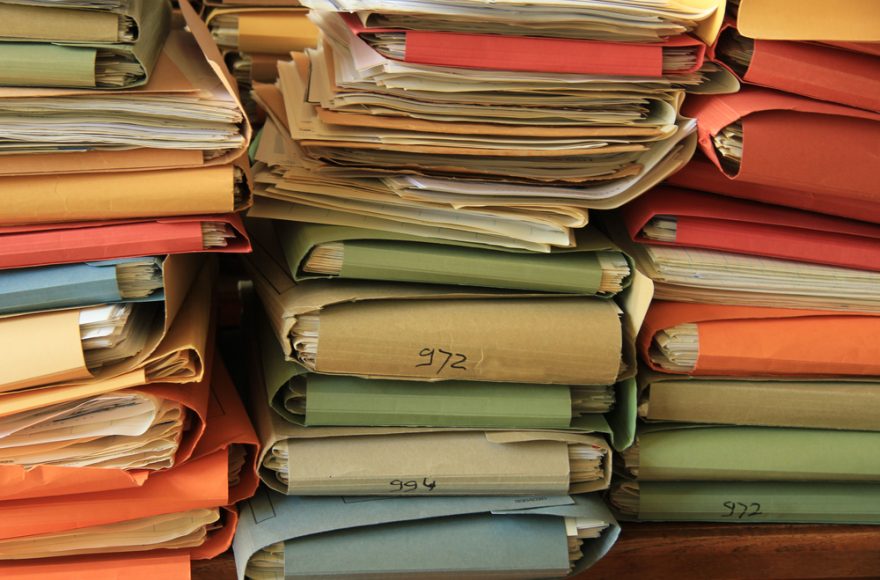How will the Russia/Ukraine crisis impact your investments?

With reports mounting that Russia has begun the invasion of Ukraine.
These reports have, without a doubt, caused the world to go into panic mode and stirred a new sense of turbulence in the financial markets.
The question on everyone’s mind is what should we to do to protect our financial position?
The short answer… DO NOTHING! – but let’s elaborate and back that up.
There is no doubt that the Russian invasion of Ukraine will spook global financial markets and oil prices. This is evident in how the global stock markets tumbled deep into the red recently as oil prices rocketed amid previous concerns about a possible Russian invasion.
This is not the first time Russia is stirring panic in the markets. In 2014, Russia’s invasion and annexation of Ukraine’s Crimea sent shockwaves through global markets, but as always, with geopolitical flare-ups, the volatility was quickly subdued. That’s not to suggest that the threat of 2014 was in any way similar to what we are currently seeing. However, the reality is that the accompanying market turbulence in the capital markets is nothing new.
With the above said, it is no wonder why investors go into panic every time they hear fear-filled words like“market-crash”, “sell-off”, and “stocks tumbling”. I, too, would be much more comfortable if the media would instead start using words like a “temporary market decline” or a “marginal decrease in asset prices”. However, irrespective of the fear and negative sentiment prevailing in the public markets, this is not a good time to change your investment strategy.
Fleeing the market in times of a downturn could result in you missing out on some significant gains when the markets recover. This can have a considerable impact on your long-term performance.
An analsis by JP Morgan concluded that if you were not invested in the market for just 10 of the 7,301 days between 4 January 1999 and 31 December 2018, your annualized return went from 5.62% per year to 2.01% per year. To sketch an even more frightening scenario, if you missed the best 60 days of market performance, you would have realized a negative return of 7.4% on your investment.
What is even more eye-opening to JP Morgan’s study is that six of the best-performing days in the market occurred within two weeks of the worst days. Therefore, I strongly emphasize not to try and time the market.
Given the above evidence, my advice would always be to have confidence in the investment philosophy that markets will always advance over the long term. Trust the markets, resist a sell-off, diversify your risks and focus on the long-term. Or in more simple terms… DO NOTHING!
Reference: https://am.jpmorgan.com/us/en/asset-management/institutional/insights/market-insights/market-updates/on-the-minds-of-investors/impact-of-being-out-of-the-market/
The value of your investments can fall as well as rise and you may not get back the full amount invested. The past is not a guide to future performance and past performance may not necessarily be repeated.
What you get back at retirement cannot be guaranteed and will depend on how much you pay in, investment performance and interest rates when you retire.
Wealthwise Financial Solutions Limited is authorised and regulated by the Financial Conduct Authority. The Financial Conduct Authority does not regulate taxation and trust advice.




